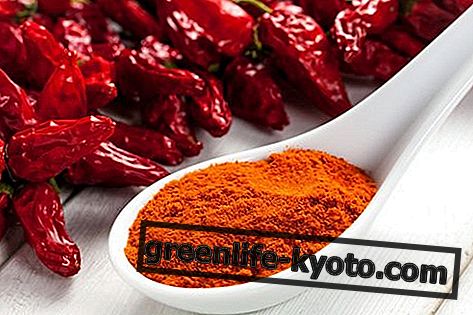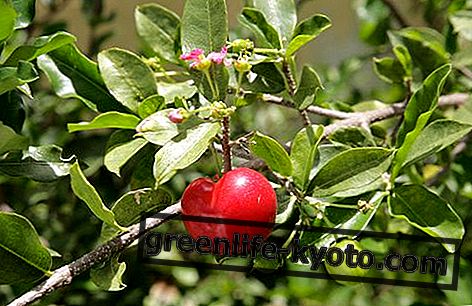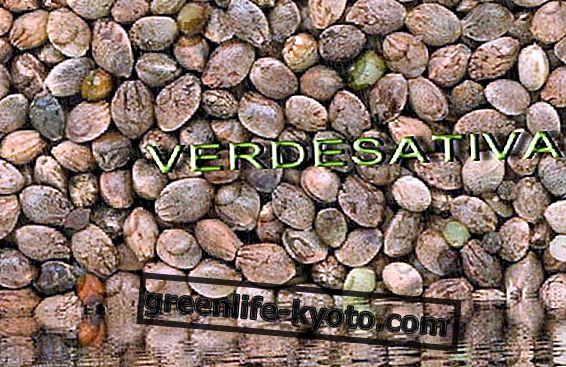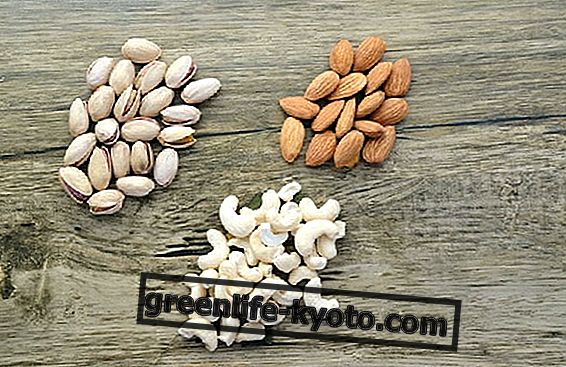Probiotics are bacteria that make up the intestinal bacterial flora useful against infections and for digestion. How do they work? Where are the probiotics and how to choose them?
Edited by Veronica Pacella, Nutritionist
The term probiotics refers to the bacteria that make up the intestinal bacterial flora. Useful against intestinal infections, they also help to perform proper digestion. Let's find out better
Intestinal bacterial flora

What are probiotics for?
Probiotics, thanks also to prebiotics, make up the intestinal ecosystem and live in symbiosis with our organism. The entire digestive tract contains more than 400 species among harmless and pathogenic microorganisms. Each tract of the gastro-intestinal tract is colonized by different species that adhere to the walls of the intestine forming permanent colonies, however there are about ten species essential to our survival.
The bacterial load increases both quantitatively: progressively from the stomach to the large intestine, and qualitatively: the aerobes (present in the stomach and part of the intestine) decrease and the anaerobes (present in the ileum and colon) increase.
The intestinal ecosystem represents the first valid barrier of the organism against infections : the aggression by pathogenic bacteria finds an obstacle in front of the presence of a "healthy" bacterial flora. Its composition is influenced by factors such as: eating habits, hygienic conditions, peristalsis and pH .
Its activity, regulated by different mechanisms that keep it in balance, positively influences both the digestive and the intestinal immune activity.
Furthermore, it regulates against other species with the production of bacteriocins, which inhibit the growth of colonies of competing bacteria, including pathogens.
The most important effects of probitioci in the organism can be summarized as:
- reinforcement of the non-immunological mucosal barrier
- normalization of intestinal permeability
- balancing of the intestinal microflora
- stimulation of non-specific resistance of the host to pathogens and contribution to their elimination
- increase in non-immunological responses and defense mechanisms
- fermentation of food residues with the production of short chain fatty acids and other useful substances
The World Gatroenterological Organization (WGO) reported a picture of clinical applications of probiotics, including: colorectal disorders, constipation and transit of irregular intestinal tract, irritable bowel, diarrhea, eradication of Helicobacter pylori, hepatic encephalopathy, inflammatory diseases bowel disease, irritable bowel syndrome, non-alcoholic hepatic steatosis and lactose malabsorption.
Probiotics among natural remedies to strengthen the intestine: discover the others

Probiotics useful for the human body
The composition of the bacterial flora is species-specific: bacteria, in other words, have human imprinting as they have evolved in symbiosis with man. By definition, therefore, the probiotic must be present in the human intestine, creating permanent colonies .
Lactobacilli and bifids are present throughout the intestine but only in certain districts perform probiotic activity. The strains useful to the human organism are: some lactobacilli (L. acidopihlus, L. ramnosus, L. salivarius, L. plantarum, L.casei), enterococci (L.faecium) and some bifidobacteria (L. bifidum, L. infantis, L. adolescentis, L. longum, L. breve, L. lactis).
Where probiotics are found
Today, due to the lifestyle, packaged foods (poor in vegetable fibers useful for the intestine) and of the use of drugs, the intestinal bacterial flora is often altered . To restore an adequate bacterial flora supplementation with products based on species-specific probiotics is required which, to be effective, contain at least 1 billion.
What are the natural probiotic supplements?
The effects of probiotic deficiency
In the absence of probiotics, the gastrointestinal mucosa can become abnormally permeable, allowing the passage of undigested substances and foods with the onset of "dysbiosis" (alteration of the intestinal bacterial flora) which in the long run leads to symptoms and disorders both in the intestine and extraintestinal, including alteration of the immune response and migration of pathogenic bacteria to other districts (eg urinary and / or vaginal infections).
The disorders most commonly related to intestinal dysbiosis are: recurrent infections, migraines, neuralgia, dermatitis, dermatosis, cystitis, constipation, nervousness and irritability, autoimmune diseases and allergies.
Contraindications
There are no contraindications. Probiotics can also be taken during pregnancy and during breastfeeding.













